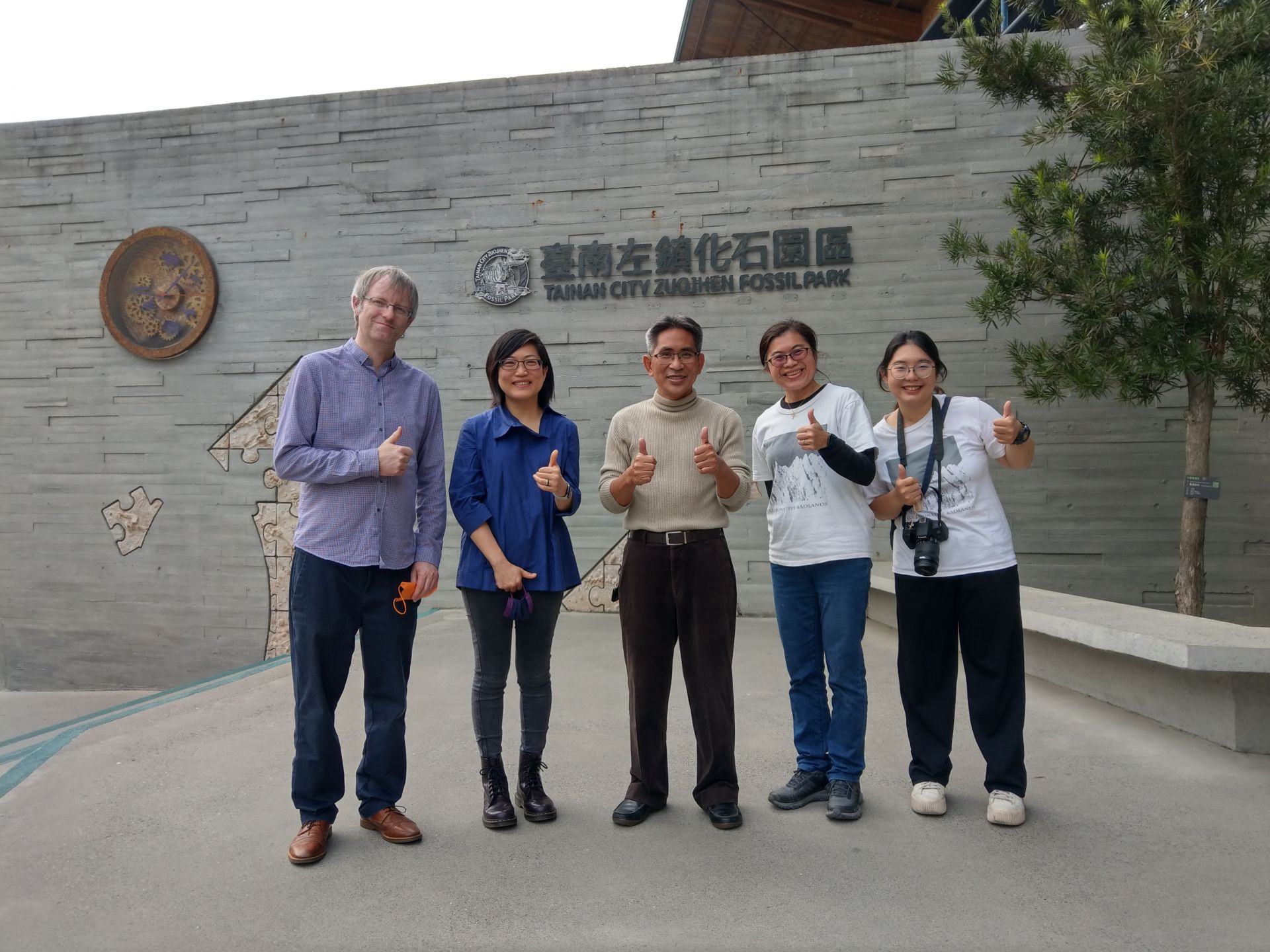SDG11
NCKU's Four Projects Approved in the Ministry of Education's Third Phase (2023-2024) USR Implementation Plan.
NCKU's "Medium-term Development Plan" reveals a goal of nurturing talent whereby students become aware of societal issues during their campus years. They aim to respond to societal needs with their research and learning outcomes and actively engage in addressing global issues, embracing the social responsibilities incumbent upon university students. Led by President Meng-Ru Shen, NCKU emphasizes interdisciplinary teaching centered on addressing social issues. They systematically promote the University Social Responsibility (USR) program, primarily executing the Ministry of Education's USR Implementation Plan. This approach expands students' sense of responsibility in community engagement, amplifying NCKU's impact on local communities, and propelling regional cultural and industrial development through the dissemination of university knowledge.
This year, NCKU has four projects approved for the Ministry of Education's Third Phase (2023-2024) USR Implementation Plan. These include: "Companion 2026: Mutual Subjectivity, Mutual Benefit, and Recreating Foundations.," led by Professor Yuk-Ying Tung from the Department of Education (International Collaboration for Sustainable Development); "Tainan 400-Year Plan: From the Dao-feng Inland Sea to the Traditional Characteristic Industries of Dongyuanshan Forest Creek North," led by Professor Tzen-Yuh Chiang from the Department of Life Sciences (Distinctive Sustainable Development); "Wasteland Collaboration 2.0: H.E.A.R.T. Connecting Co-learning, Co-creation, and Co-feeling in a Shallow Mountain Life," led by Associate Professor Hsiu-Tzu Chang from the Department of Urban Planning (In-depth University Characteristic); "Gentle Breeze under Changduanshu: Constructing Environments for Healing," led by Professor Heng Zhang from the Department of Architecture (Emerging University Characteristic).
NCKU implements the Ministry of Education's USR program covering five social practice themes, including "Knowledge and Technology Translation," "Cultural Regeneration," "Social Sustainability Think Tank," "Inter-generational Talent Cultivation," and "Inclusive and Friendly Environment." These five themes represent the core spirit of NCKU's USR practice, proposing solutions to the challenges faced by Taiwanese society. They stem from a profound understanding of the industrial characteristics and lifestyle of southern Taiwan, aiming to achieve sustainable development in harmony with the region.
President Shen stated that NCKU strives to lead through education, deepening its breadth of social contributions, and making talent cultivation and knowledge creation the cornerstone of its university mission. By systematically and consistently constructing the core concept of students fulfilling social responsibilities, NCKU aims to bridge the gap between the university and society, foster a spirit of practicality among students, and ultimately achieve the goal of caring for society through academic action. NCKU also actively establishes international connections and field collaborations with global universities in the USR domain, addressing international issues related to sustainable development.
Director Chun-Li Tsai of the Center for Humanities and Social Sciences stated that NCKU's "Mid-term Development Plan for the years 2023-2027" has already incorporated the enhancement of students' USR as an important goal for talent cultivation. Therefore, the mid-to-long-term evaluation of the social responsibility cultivation at NCKU will be a crucial mission and task for the Center for Humanities and Social Sciences in the current year. Through comprehensive self-assessment, this evaluation will guide the rolling improvements of NCKU's USR program, ultimately achieving the goal of talent cultivation.
This year, NCKU has four projects approved for the Ministry of Education's Third Phase (2023-2024) USR Implementation Plan. These include: "Companion 2026: Mutual Subjectivity, Mutual Benefit, and Recreating Foundations.," led by Professor Yuk-Ying Tung from the Department of Education (International Collaboration for Sustainable Development); "Tainan 400-Year Plan: From the Dao-feng Inland Sea to the Traditional Characteristic Industries of Dongyuanshan Forest Creek North," led by Professor Tzen-Yuh Chiang from the Department of Life Sciences (Distinctive Sustainable Development); "Wasteland Collaboration 2.0: H.E.A.R.T. Connecting Co-learning, Co-creation, and Co-feeling in a Shallow Mountain Life," led by Associate Professor Hsiu-Tzu Chang from the Department of Urban Planning (In-depth University Characteristic); "Gentle Breeze under Changduanshu: Constructing Environments for Healing," led by Professor Heng Zhang from the Department of Architecture (Emerging University Characteristic).
NCKU implements the Ministry of Education's USR program covering five social practice themes, including "Knowledge and Technology Translation," "Cultural Regeneration," "Social Sustainability Think Tank," "Inter-generational Talent Cultivation," and "Inclusive and Friendly Environment." These five themes represent the core spirit of NCKU's USR practice, proposing solutions to the challenges faced by Taiwanese society. They stem from a profound understanding of the industrial characteristics and lifestyle of southern Taiwan, aiming to achieve sustainable development in harmony with the region.
President Shen stated that NCKU strives to lead through education, deepening its breadth of social contributions, and making talent cultivation and knowledge creation the cornerstone of its university mission. By systematically and consistently constructing the core concept of students fulfilling social responsibilities, NCKU aims to bridge the gap between the university and society, foster a spirit of practicality among students, and ultimately achieve the goal of caring for society through academic action. NCKU also actively establishes international connections and field collaborations with global universities in the USR domain, addressing international issues related to sustainable development.
Director Chun-Li Tsai of the Center for Humanities and Social Sciences stated that NCKU's "Mid-term Development Plan for the years 2023-2027" has already incorporated the enhancement of students' USR as an important goal for talent cultivation. Therefore, the mid-to-long-term evaluation of the social responsibility cultivation at NCKU will be a crucial mission and task for the Center for Humanities and Social Sciences in the current year. Through comprehensive self-assessment, this evaluation will guide the rolling improvements of NCKU's USR program, ultimately achieving the goal of talent cultivation.
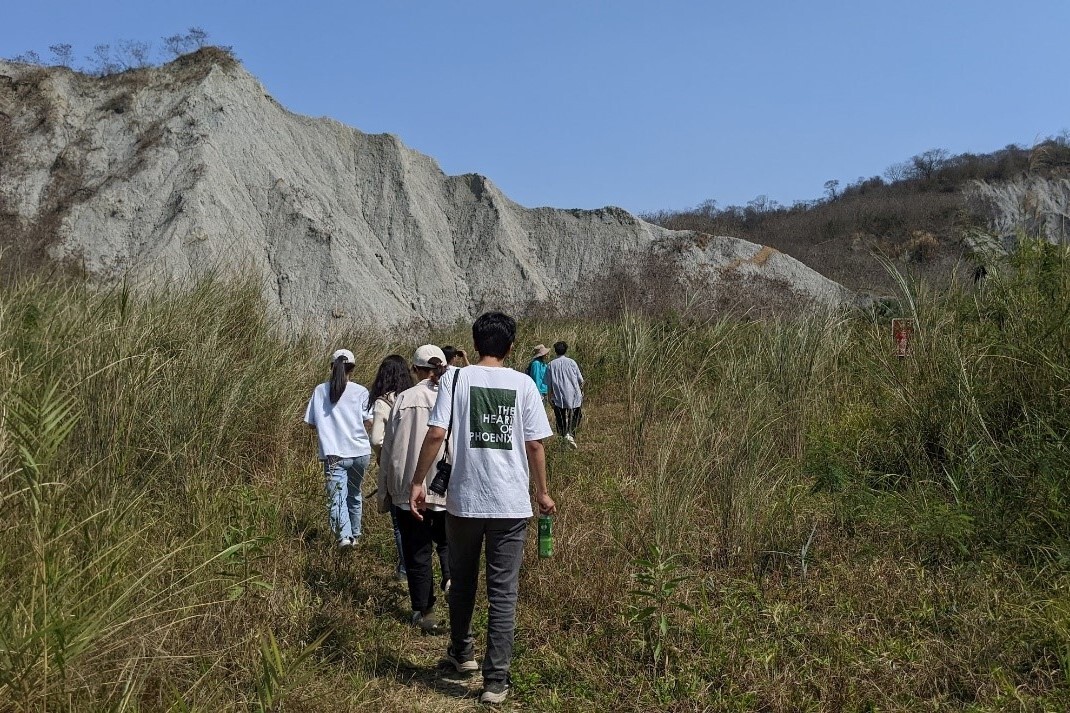
USR projects: "Wasteland Collaboration 2.0: H.E.A.R.T. Connecting Co-learning, Co-creation, and Co-feeling in a Shallow Mountain Life."
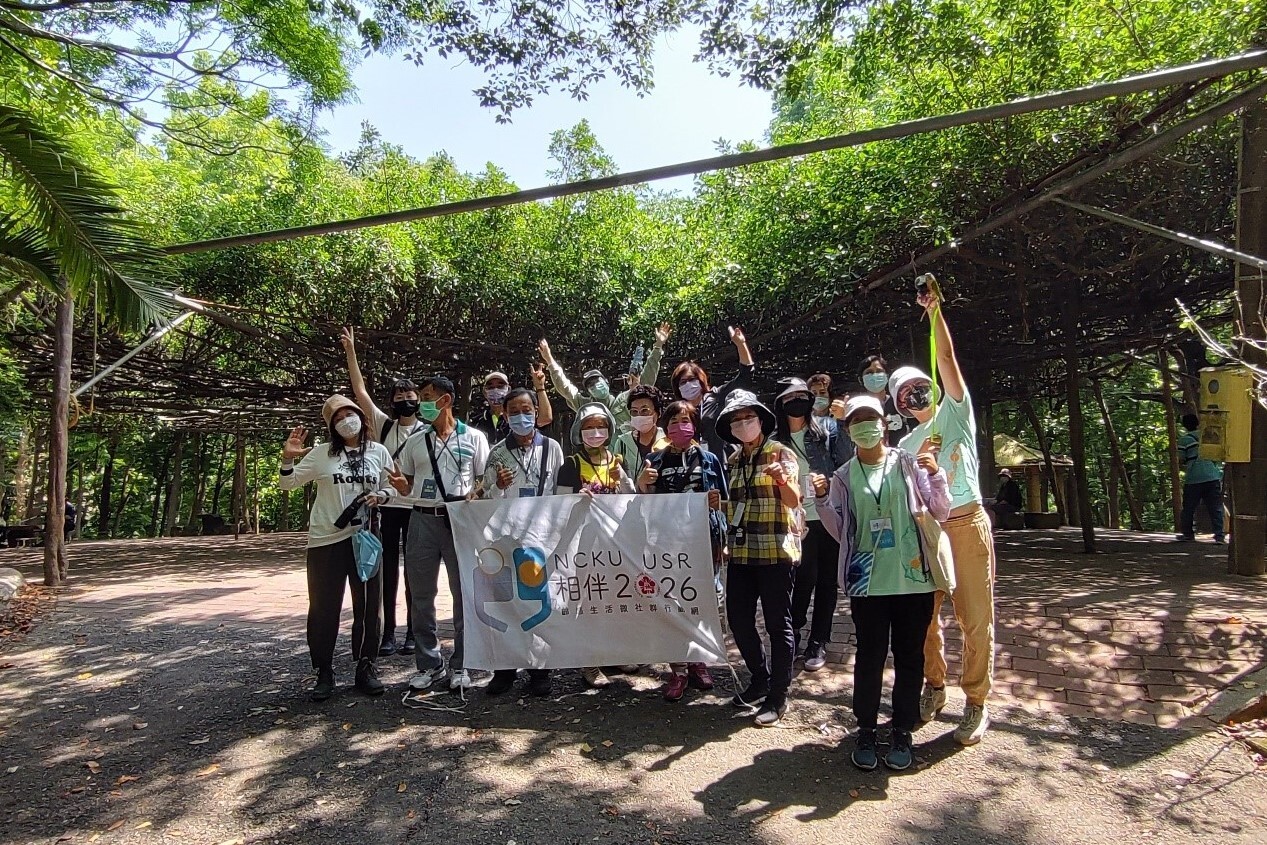
USR projects: "Companion 2026: Mutual Subjectivity, Mutual Benefit, and Recreating Foundations."
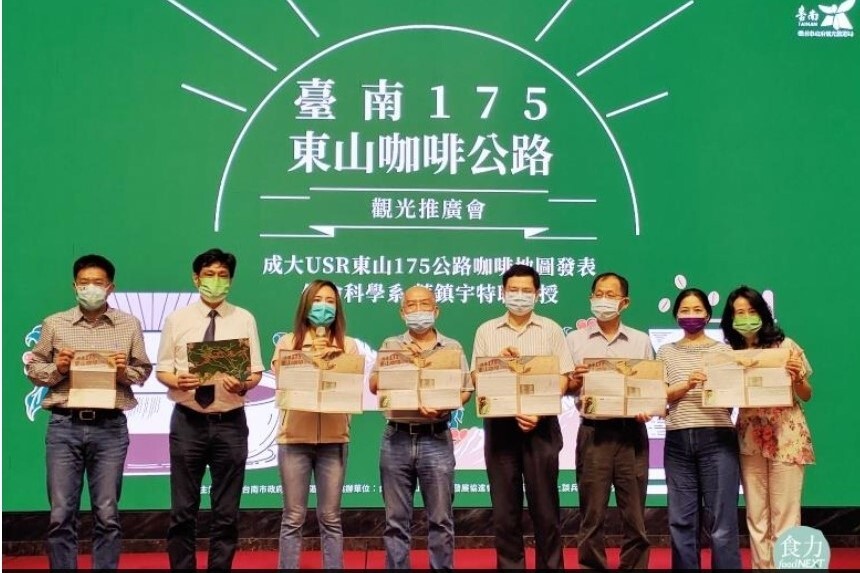
USR projects: "Tainan 400-Year Plan: From the Dao-feng Inland Sea to the Traditional Characteristic Industries of Dongyuanshan Forest Creek North."
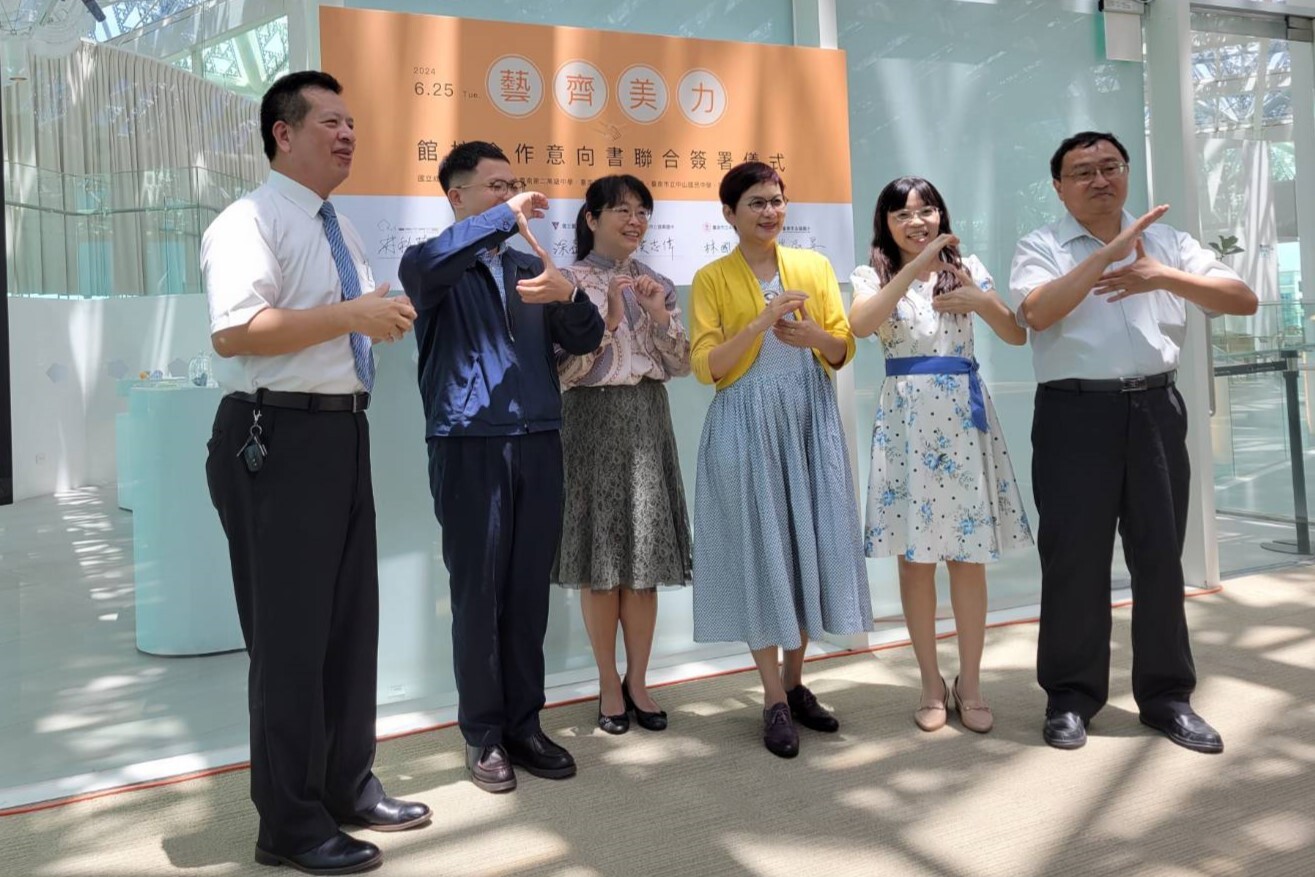
SDG11NCKU and the Tainan Art Museum Co-host a Symposium on Painter Pei-Yao Zeng and Sign a Memorandum for Collaboration
View more
SDG11Fieldwork of Team Institute of Archaeology to Kucapungane, Class 2 historical site - Visit Clouded Leopard’s Homeland
View more